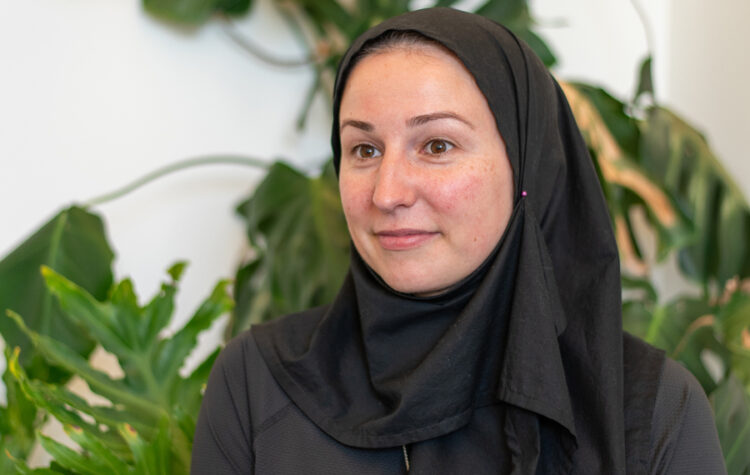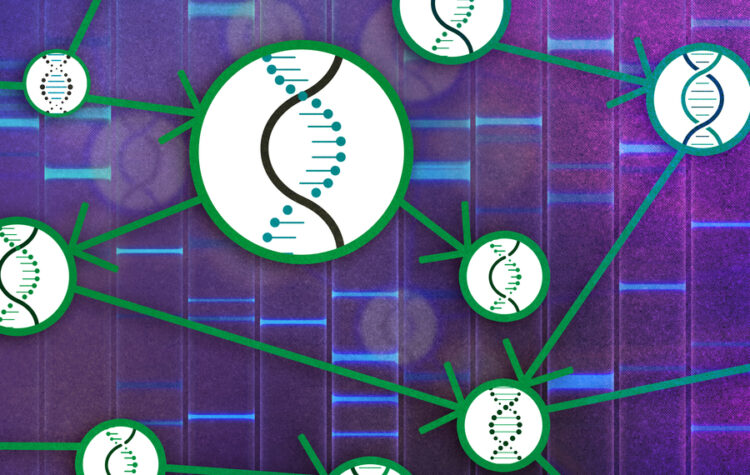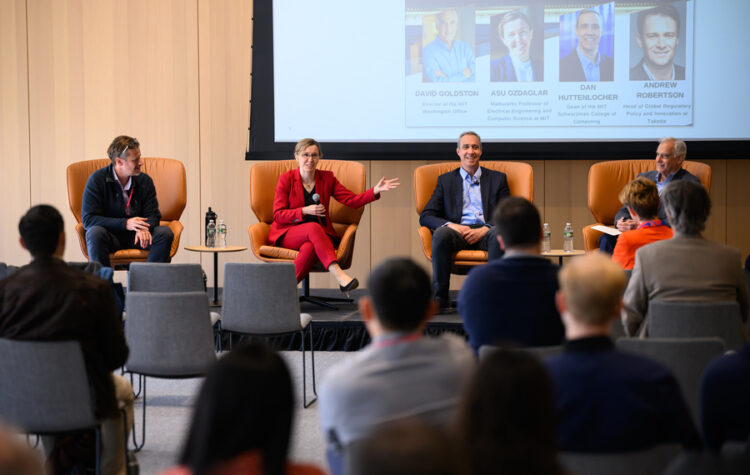
Marzyeh Ghassemi works to ensure health-care models are trained to be robust and fair.

By sidestepping the need for costly interventions, a new method could potentially reveal gene regulatory programs, paving the way for targeted treatments.

The tiny device uses a tightly focused beam of light to capture and manipulate cells.

PhD student Xinyi Zhang is developing computational tools for analyzing cells in the age of multimodal data.

The program focused on AI in health care, drawing on Takeda’s R&D experience in drug development and MIT’s deep expertise in AI.

This tiny, biocompatible sensor may overcome one of the biggest hurdles that prevent the devices from being completely implanted.

These models, which can predict a patient’s race, gender, and age, seem to use those traits as shortcuts when making medical diagnoses.

Ranking at the top for the 13th year in a row, the Institute also places first in 11 subject areas.

The Institute also ranks second in five subject areas.

Victory Yinka-Banjo is a junior majoring in 6-7: Computer Science and Molecular Biology.